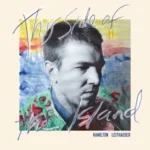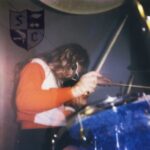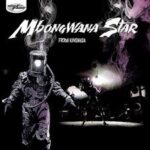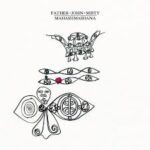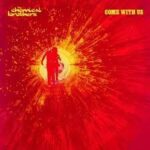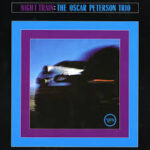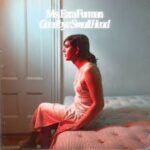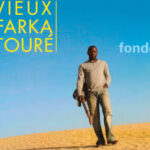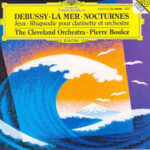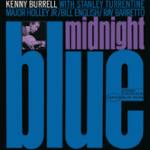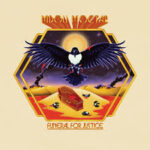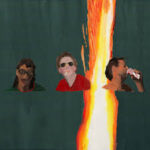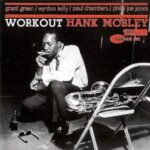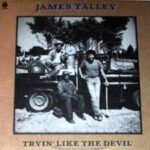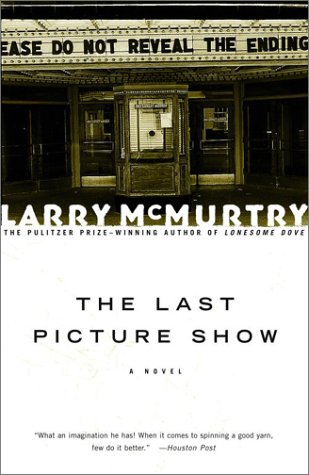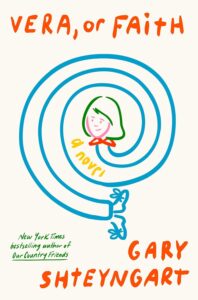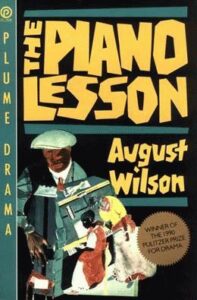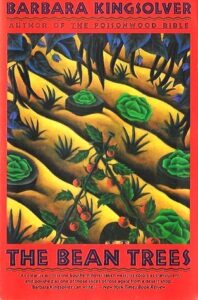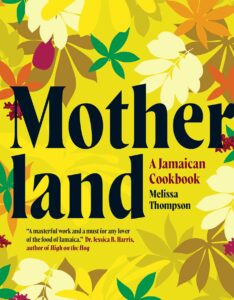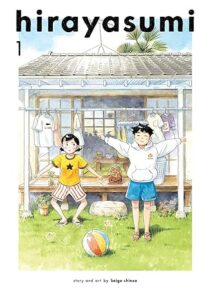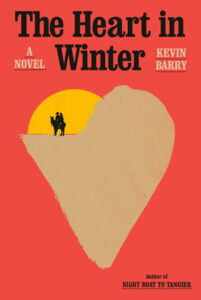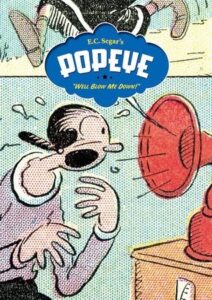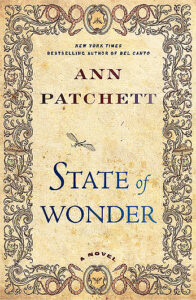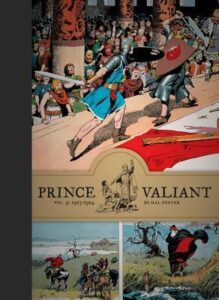Grammy night means it’s time to share my favorite albums from 2025! Most of them came out well before this year, because I’m old, but hopefully you’ll find something worth giving a shot. It’s always appreciated when you share your favorites with me too.
Hamilton Leithauser, This Side of the Island (Rock) Almost a Bowie-style rock deconstruction to start on “Fist of Flowers” and “Burn the Boats.” It’s playful, but I prefer the more straight-ahead drive of “Knockin’ Heart” and the title track.
Grant Green, Matador (Jazz) Loose and lively to open. Excellent ensemble balance, with dense drum fills and an easy, exploratory strut on guitar. The guitar work on “My Favorite Things” has a bit of a Jerry Garcia vibe. “Bedouin” is a great groove.
Snocaps, Snocaps (Rock) Compelling tracks in the space between rock and country. Warm and welcoming–I love Katie Crutchfield’s voice. Almost has a Sheryl Crow vibe to open on “Coast.”
Mbongwana Star, From Kinshasa (World) Light, fluid grooves. Vibrant and creative–nice materials to get your head bobbing. The arrangements and instrumentation are great.
Father John Misty, Mahashmashana (Rock) I like his sound: smart but not afraid of rhythm. The vocals and arrangements are delightfully smooth, disguising the bitterness of his words.
The Chemical Brothers, Come with Us (Electronic) Energetic, with a nice variety, “Come with Us” has a great bounce all the way through the flight that powers “The Test.” Only “The State We’re In” gets the record stuck in the mud.
My Morning Jacket, Is (Rock) Mellow but catchy. “Time Waited” is solid, and “Half a Lifetime” is a nice track too. I like how their sound feels different, in a good way, from a lot of what’s popular now. Sort of a beautiful fundamentals approach.
Oscar Peterson, Night Train (Jazz) The trio is perfectly balanced, with the rhythm players offering an easy foundation for Peterson’s glimmering runs. “Georgia on My Mind” is a beautiful jam, and the group is jaunty and assured on “Honey Dripper.”
Ezra Furman, Goodbye Small Head (Rock) Lean and focused, the record adds some off-kilter pop production to kick things off on “Grand Mal.” “Jump Out” is a highlight. Furman has honed her voice and vibe, and the results remain impressive.
Vieux Farka Toure, Fondo (World) Otherwordly, reverb-drenched Malian-style guitar wizardry. Lightning runs accentuate richly crafted songs.
Pulp, More (Rock) Sounds more like a Jarvis solo record to me than a Pulp album–I miss the bombast in the arrangements. That said, “Grown Ups” is a solid track, and “Farmers Market” builds to a heartfelt cry of “Ain’t it time we start living?” An engaging return, it’s no “Different Class.”
Claude Debussy, Jeux (Classical) Atmospheric and free-flowing. A pastoral mood movement. The pieces that often accompany it on recordings (Noturnes, La Mer) are great as well.
Clickbait, At Your Leisure (Rock) Nice angular rock in a sparer Devo/Pylon vein. Peppy and propulsive. Got to see them live at the Grindhouse in Highland!
Kenny Burrell, Midnight Blue (Jazz) Kicks off with an assured cool jazz vibe on “Chitlins Con Carne,” with patient leads from the title guitarist and smooth sax by Stanley Turrentine. “Mule” has a perfect, slow blues groove.
The Mall, Time Vehicle Earth (Electronic) Synth rock with anthem-style vocals filtered through plenty of reverb and delay. Half party track, half pastiche. The vocals were lower in the mix, and the bass higher live, which was great. Another Grindhouse show.
Phosphorescent, The Full Moon Project (Rock) I love the conversational timbre of his vocals. The arrangements are good too–spare and simple but full nonetheless. “Homecoming” is a top track. Even the spare “Like a Rolling Stone” is worthy. “Corpus Christi Bay” is another highlight.
Mdou Moctar, Funeral For Justice (World) Great lead-guitar heavy music with a driving backing band. “Sousoume Tamacheq” has some serious Death-style grooves. The title track blisters too–great riffs and rhythms.
MJ Lenderman, Manning Fireworks (Rock) I like the low-key, literary, down-home guitar sound. Has a bit of a Beck or Conor Oberst feel (when they’re in home-studio mode). “She’s Leaving You” is an unpretentious jam.
Daddy Yankee, Prestige (World) High-energy production and sound. “Limbo” has a “Gasolina” style burn. Impressive how it stays lively over its hour run-time. Great synths throughout–strong pop riffs and countermelodies.
Wax Fang, La La Land (Rock) Sort of a theatrical, Colin Meloy vibe to open on “Majestic.” I like it. There’s a Queen feel to some of the arrangements. The guitar sound is unique and catchy.
Hank Mobley, Workout (Jazz) The title track offers quicksilver jazz with electric guitar on lead. “Uh Huh” has beautiful saxophone work. A strong collection.
James Talley, Tryin’ Like the Devil (Country) Solid home-style country from a working-class perspective. Assured and polished but perhaps a bit on-the-nose. “Give My Love to Marie” has a sweet lilt. His voice is a little square for me but the collection is strong.
Tom Petty, Highway Companion (Rock) “Square One” is a sweet song. It’s a good late solo collection, but it doesn’t have the tenderness of “Wildflowers.” The record is understated, but a nice, mature offering.

